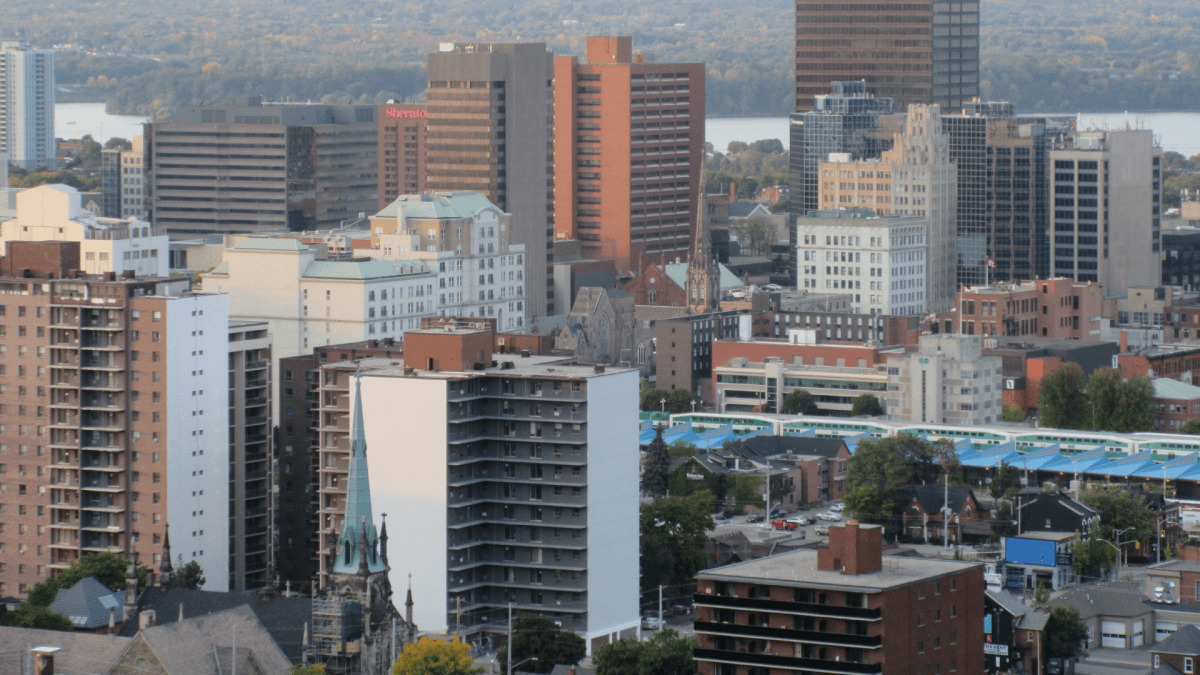For the next month, the City of Hamilton will be hearing the public’s thoughts on the implementation of a vacant home tax (VHT) with the hopes of increasing the local supply of affordable housing.

The online survey is Step 2 of a process approved by city council in early July clearing staff to prepare a draft bylaw through public consultation.
Based on city staff reports, an estimated 11,000 Hamilton homes in 2016 private dwellings were unoccupied, with the belief they would be used for speculation purposes.
“We have to take steps to provide more housing units in our community,” Hamilton Mayor Fred Eisenberger said during a general issues committee meeting in July.
“If you get three units back into operations in our community (through the tax), in my mind, that’s a break-even.”
Last week, the Realtors Association of Hamilton-Burlington (RAHB) reported fewer listings in the city for July despite the average sale price going up 18 per cent year over year to $779,486.
“Even though we have fewer active listings and sales, we are also seeing a slight dip in the average sale price. Overall the same story continues and that is the level of inventory remains at critical low levels. We definitely need more supply on the market,” RAHB president Donna Bacher said in a statement.
Meanwhile, the cost to rent in Hamilton has been on the rise, with data from rentals.ca pegging the average cost of a single dwelling in Hamilton at $1,461 per month as of July, with the average two-bedroom at $1,761.
During the same period in 2019, a single bedroom was going for just $1,192 a month, while two bedrooms were going for just $1,329.
Council began looking into the VHT in 2019 after both Toronto and Ottawa pursued the prospect of a one per cent tax on the value of empty residential homes.
Toronto approved a VHT after two years of study in July with the expectation of forcing homeowners to occupy or rent properties. The tool is also expected to discourage purchases solely for speculation purposes.
- ‘Shock and disbelief’ after Manitoba school trustee’s Indigenous comments
- Canadian man dies during Texas Ironman event. His widow wants answers as to why
- Several baby products have been recalled by Health Canada. Here’s the list
- ‘Sciatica was gone’: hospital performs robot-assisted spinal surgery in Canadian first
The Toronto final report and tax bylaw will be prepared for review by the end of 2021.
Hamilton’s council has earmarked Jan. 1, 2023 for start of the bylaw following the current consultation, development of a framework and recommendations set for February 2022.
The city estimates a VHT program will likely cost between $1 million and $1.3 million, offset by between $800,000 and $1.6 million of revenues from levy.
Staff suggested to council that identifying vacant units will be the most challenging piece of the VHT.
The online survey will run from Sept. 7 to 28.







Comments